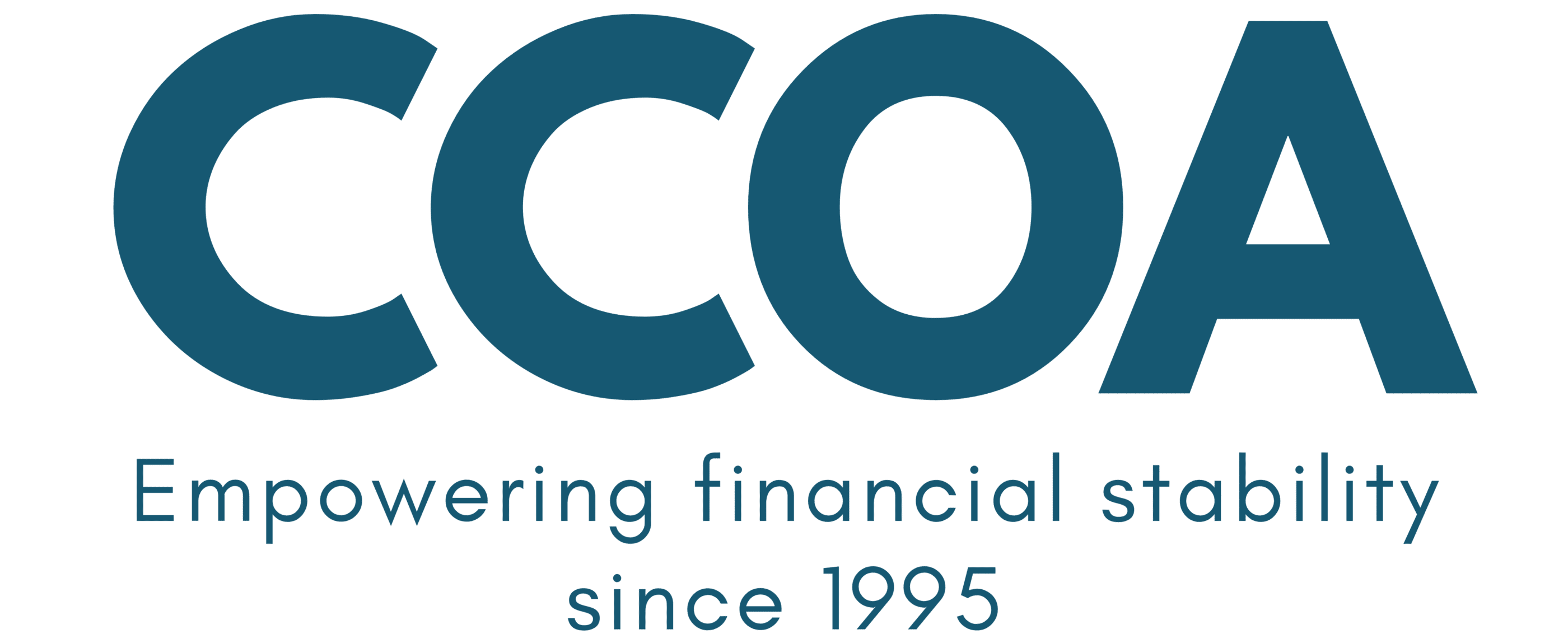There are some key differences between credit counseling agencies and debt settlement organizations worth considering.
- Organization: Credit counseling agencies are typically non-profit. Debt Settlement companies are usually for-profit.
- Credentials: A certified credit counseling professional looks at the larger picture of the client’s finances, creates a descriptive budget and assesses income, expenses and payments to creditors. Employees of debt settlement companies don’t have to be certified financial advisors and rarely care about advising on financial goals or considering a larger financial picture.
- Community Knowledge: A credit counselor is aware of other community resources that are available to help address the client’s financial needs and provides the client with contact information for those resources. Most debt settlement organizations don’t connect clients to staff located in their communities. Connecting clients to additional resources is rarely a priority.
- Strategy: Debt settlement usually advises that you stop paying your creditors until a debt settlement is negotiated with creditors, which may damage your credit and result in your being sued. Credit counselors don’t instruct clients to stop paying creditors because that leads to growing balances and severe credit damage. Credit counseling doesn’t involve settling a debt for less. However, debt settlement can result in owing taxes on any forgiven debt of $600 or more.
- Advocacy: Credit counseling professionals offer guidance on various consumer rights issues, including features of the Fair Debt Collection Practices Act, and the Fair Credit Billing Act. Debt settlement organizations rarely advise clients of the potential legal action that can be taken against them if they forego paying their creditors.





